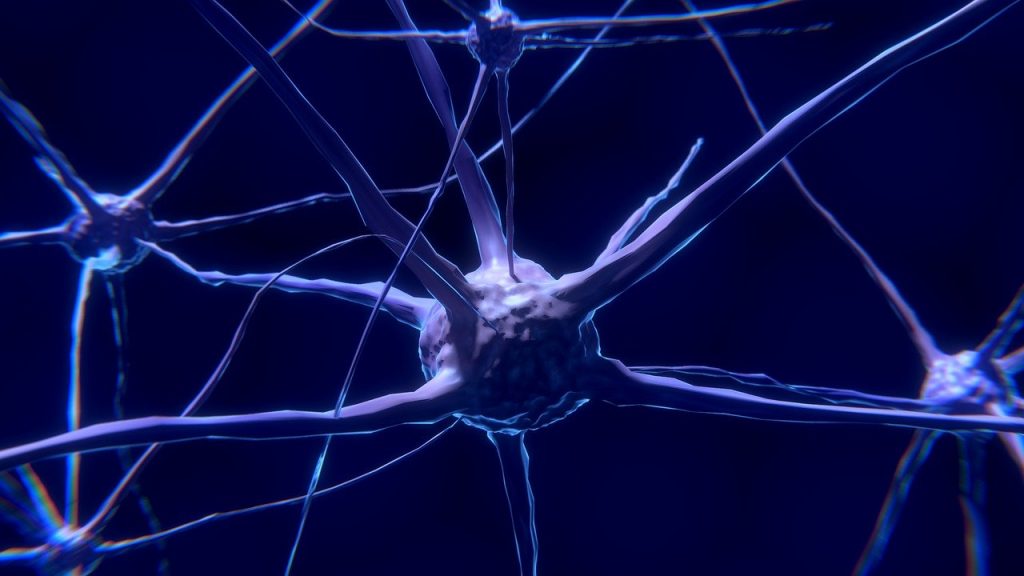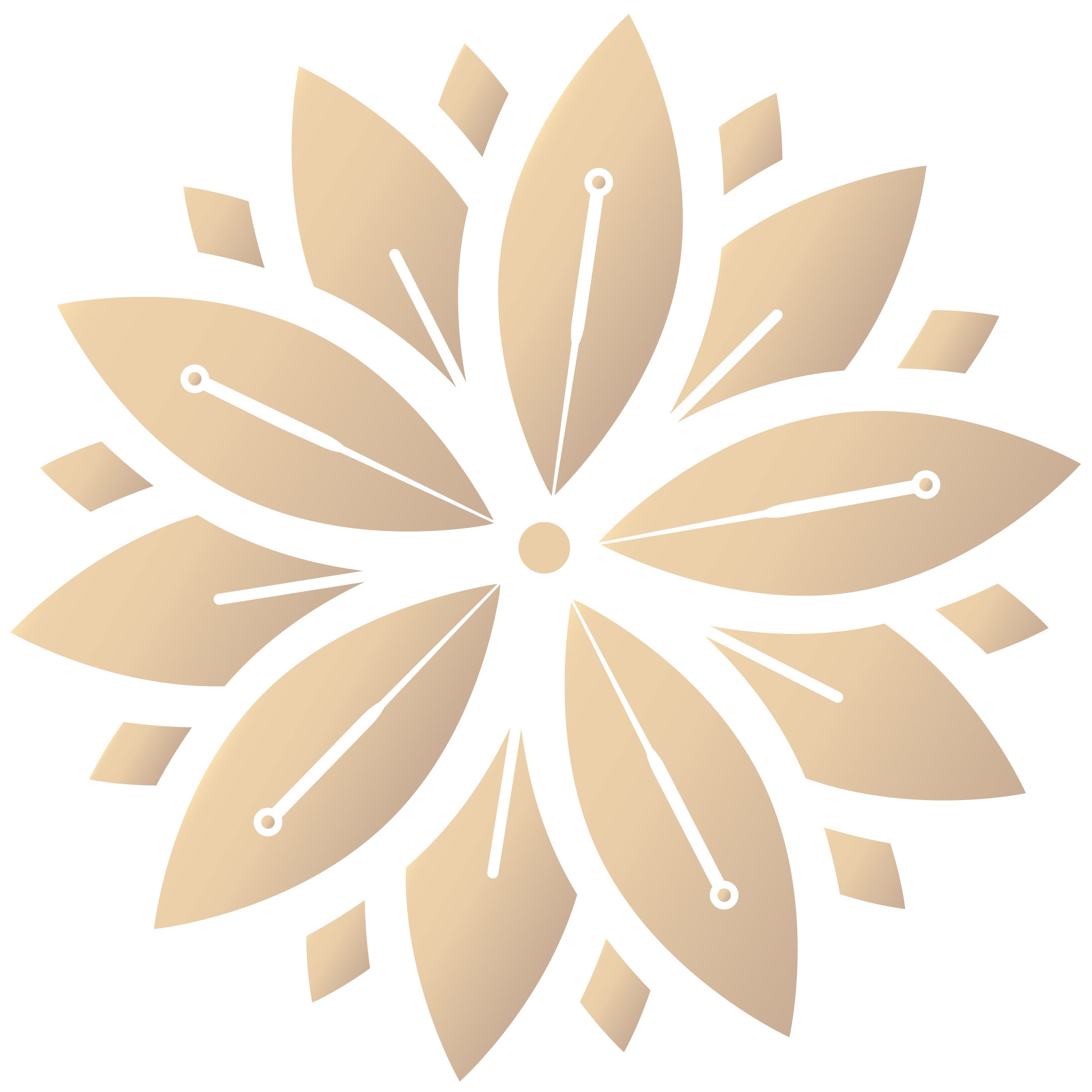
The sciatic nerve is the biggest and most significant nerve in our body, and it consists of smaller groups of nerves that start in the lumbar spine. Sciatica is technically not a chronic disease, but various symptoms commonly affect the region of the sciatic nerve.
There are several causes of sciatica and there are different treatments depending on the type of symptoms a patient has. However, sciatica is best known as a radiating pain followed by numbness and a tingling sensation in the lower back radiating down towards the leg.
These symptoms may also include back, hip, leg, or even foot pain. Sometimes a patient will feel minimal pain, but often, a person with sciatica will suffer from numbness and tingling, a condition called paresthesia.
Pressure in the nerves can also cause sciatica, which can often lead to inflammation, so the nerves in that affected area will malfunction. In many cases, inflamed nerves are obvious as the tissues in that area will swell.
How traditional Chinese medicine views sciatica?
Chinese medicine believes that our body is interconnected, and imbalances in one area of the body can effect many other regions. The common diagnosis and treatment of sciatica will be based on the specific imbalances in the muscle and the body as a whole.
Correcting these imbalances is vital to treat the symptoms and encourage the self-healing of the body. However, it is essential to also treat the underlying imbalances in other parts of the body that may be causing the qi and blood to stagnate.
How does acupuncture treat sciatica and sciatic nerve inflammation?
Acupuncture is an effective treatment in reducing the pain of sciatica. In fact, substantial research suggests that acupuncture can stimulate the nerves located in various muscles and tissues, which in turn can release endorphins and other neurohumoral chemicals, which can substantially change the process of pain in the spinal cord and brain.
The treatment can also reduce inflammation by encouraging the release of immunomodulatory factors. This improves muscle stiffness and joint mobility and aids in the dispersal of swelling throughout the affected area.
Overall, acupuncture can help stretch the tendons and fascia, while relaxing and strengthening the muscles. Once muscles are relaxed and strengthened, nerves will begin the natural healing process.
Acupuncture can also help improve eyesight, menstrual health and many other aches, pains and grievances within your body. To get advice, or book an appointment, contact Belinda today.
